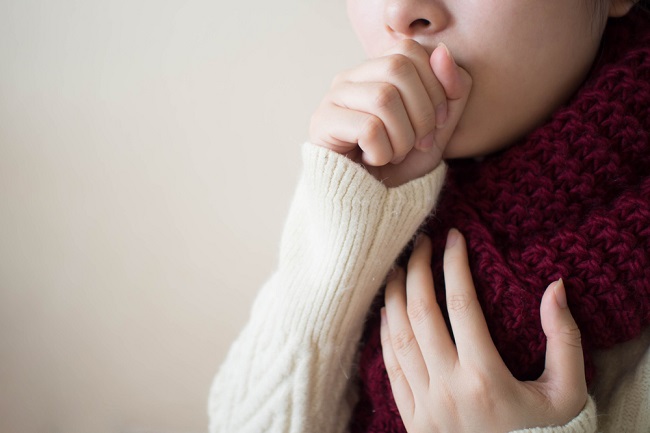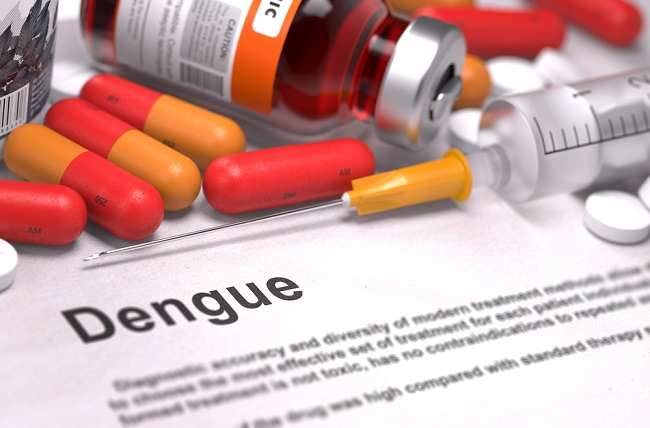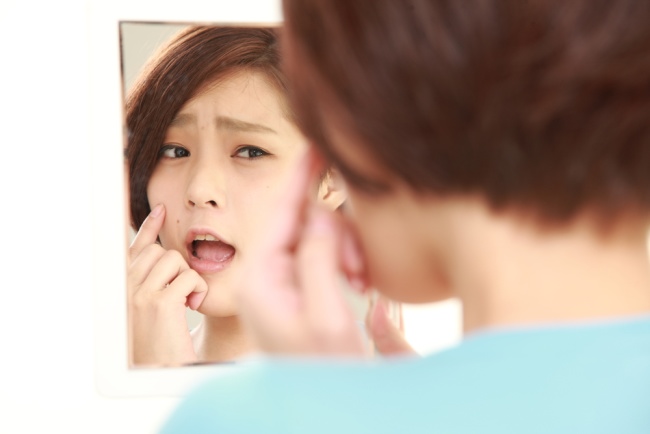One of the side effects of chemotherapy in cancer treatment is hair loss. It is estimated that at least 60–65% of cancer patients undergoing chemotherapy will experience this condition. Why chemotherapy can cause hair loss and can this side effect be prevented?
Hair loss is one of the most common side effects of chemotherapy for cancer treatment. This condition can be experienced by male and female patients, both children and adults. Hair loss due to chemotherapy also varies, ranging from mild to severe and can cause baldness.

Causes of Hair Loss during Chemotherapy
Cancer treatment with chemotherapy uses strong drugs to inhibit growth and kill cancer cells that are growing rapidly in the body.
Unfortunately, these drugs can also attack normal cells and tissues of the body, including keratinocyte cells that are in hair follicles or roots. This is the reason why chemotherapy can cause hair loss.
Hair loss or baldness due to chemotherapy use can occur not only on the hair on the head, but also on the eyelashes, eyebrows, armpit hair, pubic hair, and hair all over the body.
The severity of hair loss due to chemotherapy can be affected by several factors, including:
- Chemotherapy drug dose
- Chemotherapy frequency
- Type of drug and how to give chemotherapy drugs (chemotherapy drugs given by injection are more at risk of causing hair loss)
- Combination of chemotherapy drugs used
When Do Chemotherapy Patients Start Experiencing Hair Loss?
Hair loss usually begins about 2–4 weeks or even a few days after chemotherapy is first administered. In certain cases, chemotherapy side effects may also appear within 1-2 months after the patient undergoes chemotherapy.
The hair that falls out first is usually the hair on the head, followed by hair around the face, body, and pubic area. Sometimes, the scalp will feel soft and sore before the hair begins to fall out.
Hair loss can occur gradually and slowly. Initially, the hair loss may be a little, but over time it will increase and eventually cause baldness. In some cases, hair loss can also occur very quickly.
A lot of hair loss can be seen on pillows, combs, and the sink or bathroom drain. Hair loss will continue during chemotherapy for several weeks after the treatment is stopped.
Can Hair Grow Back?
Hair loss as a side effect of chemotherapy can grow back 2–6 months after all chemotherapy sessions have ended. Newly grown hair will feel very fine and thin, and may have a different texture or color from the previous hair.
However, this difference is usually only temporary. Over time, hair and skin cells that contain pigment (the natural color of skin and hair) will function again, new hair will grow and look like the previous hair.
For most cancer patients undergoing chemotherapy, their hair will fully recover within 6–12 months. However, some may take years.
Can Hair Loss Due to Chemotherapy Be Prevented?
To date, there is no treatment that can effectively prevent hair loss from chemotherapy. Some patients wear cooling caps (cooling cap) during chemotherapy to reduce damage to hair roots.
These caps work by reducing blood flow to the scalp, so that less of the chemotherapy drugs reach the hair follicles on the head. However, not all cancer patients undergoing chemotherapy experience the effects of this cooling cap.
In addition to the use of the cooling cap, the doctor may advise the patient to do the following things to relieve the side effects of hair loss:
- Using hair care products that contain mild chemicals, such as shampoo and conditioner for babies
- Using a wide and soft bristled comb
- Avoid using hair dryer, straighteners, and curling, straightening, or dyeing materials
- Applying oil or moisturizer to the scalp, if the scalp is peeling or itchy
- Cover your head with a hat when in the sun
If chemotherapy causes hair loss to bald, you can wear a hat, scarf, or pashmina to protect the head from direct sunlight and keep the head warm. Also, apply oil or moisturizer if your scalp feels dry and itchy.
Before you undergo chemotherapy to treat cancer, don't hesitate to ask your doctor about the various side effects. If you are worried about the side effects that will appear, including hair loss, try to consult a doctor to anticipate this.









